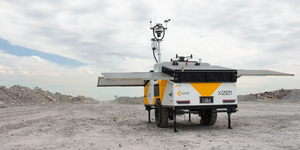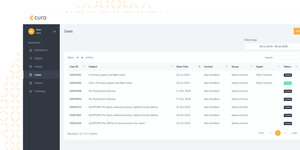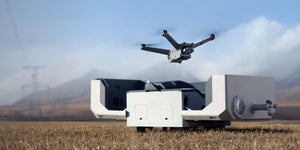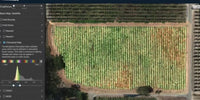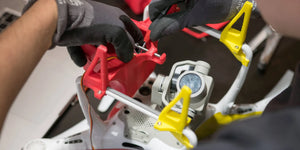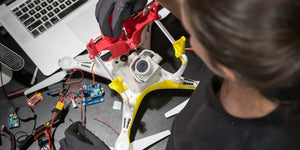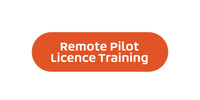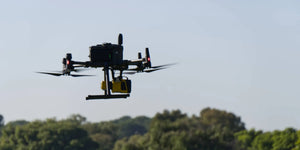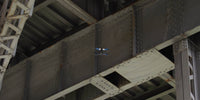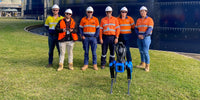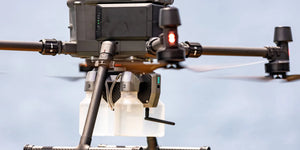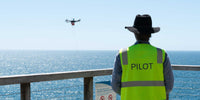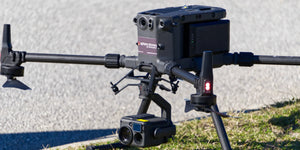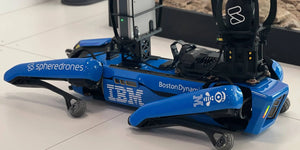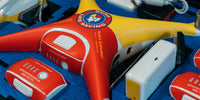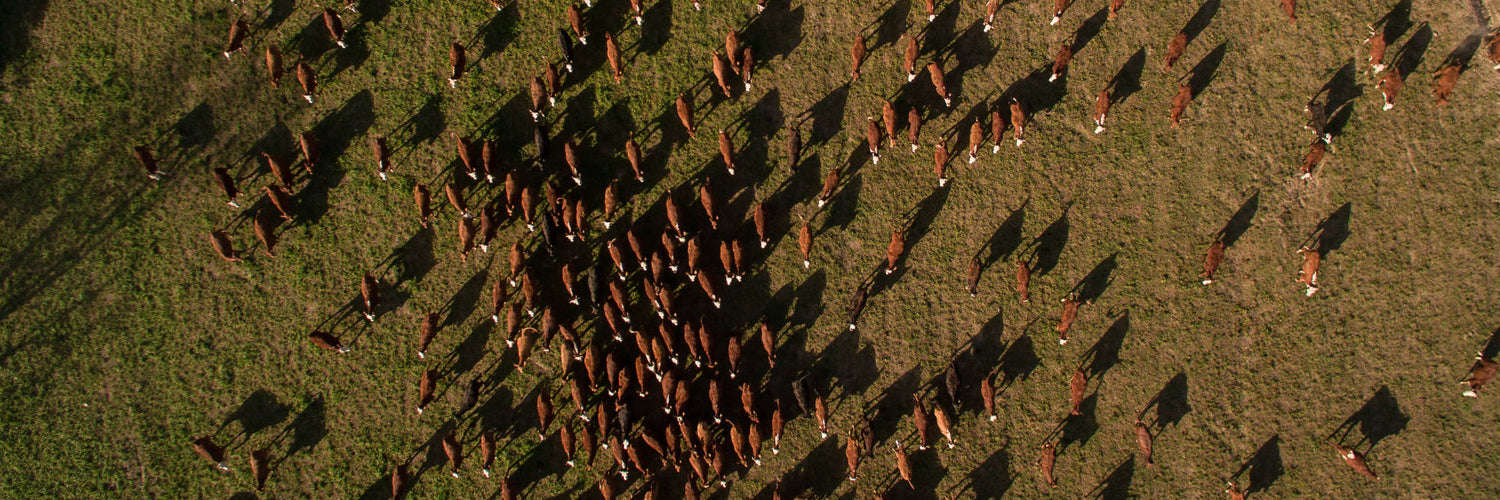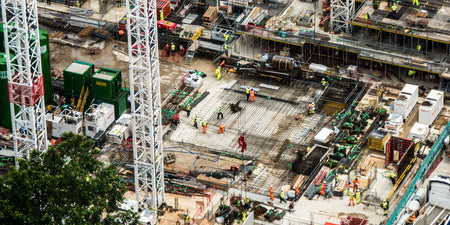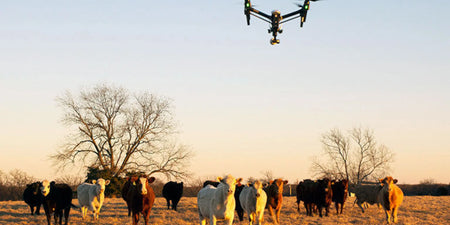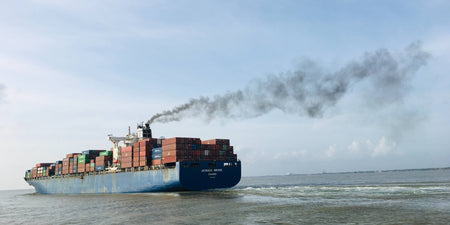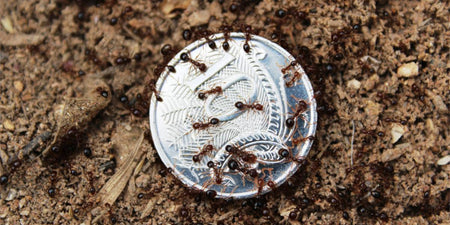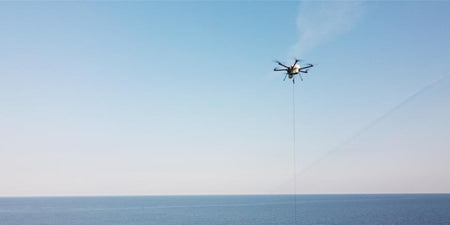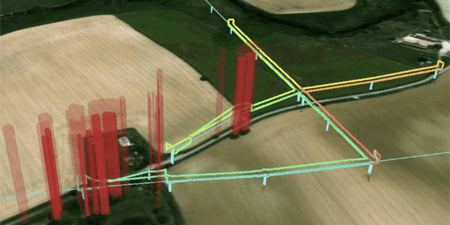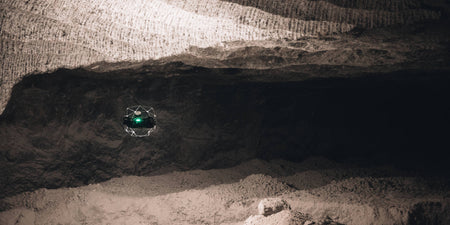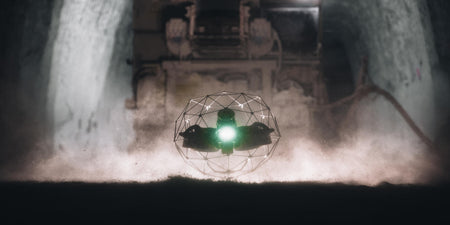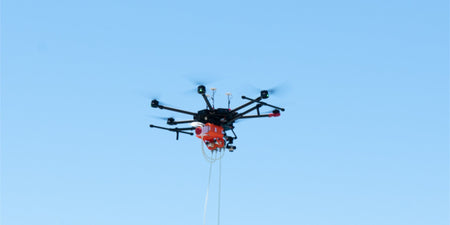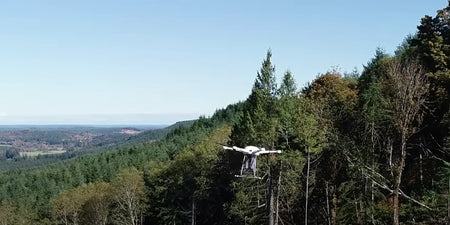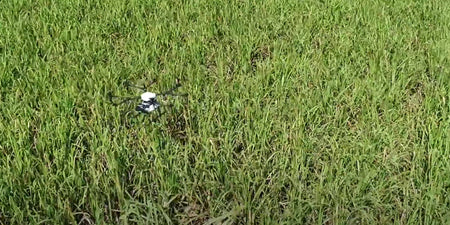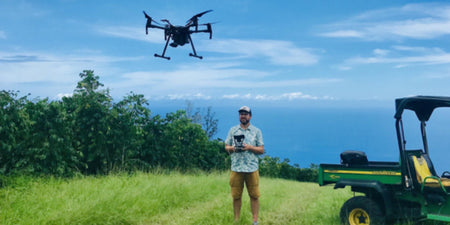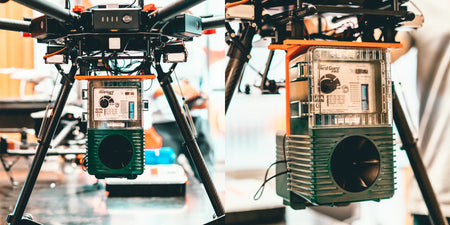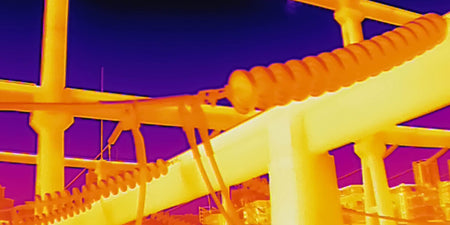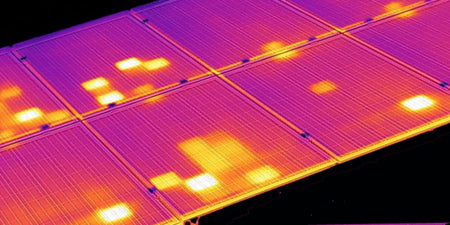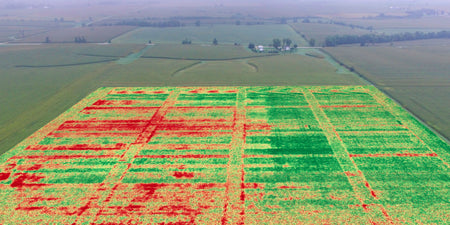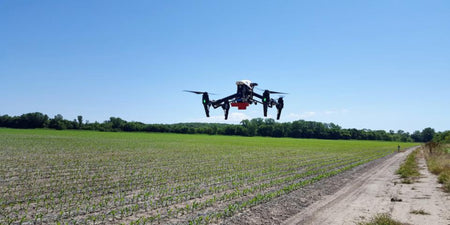Drones have been increasingly used in agriculture and livestock management, and one promising use case is in the management of water and food for livestock. In this article, we will explore how drones are being used to manage water and food for livestock and the benefits they bring to the industry.
Using drones for livestock water and food management
Water management is critical in livestock farming as animals need clean, fresh water for their health and productivity. However, managing water resources can be a challenging task for farmers, especially in large-scale operations. Drones equipped with thermal cameras and sensors can fly over pastures to detect areas with low soil moisture levels and identify potential water sources such as streams, lakes, and wells.
Farmers can use this information to plan and optimise water usage, ensuring that the livestock has access to clean water all year round. In addition, drones can be used to monitor water quality, detecting contaminants and ensuring that the water is safe for the animals to drink.
Food management is also crucial in livestock farming as animals need a balanced diet to maintain their health and productivity. Farmers need to ensure that their livestock has access to sufficient food and that the food is of good quality. Drones can be used to monitor grazing patterns, detect areas with low pasture cover, and assess the quality of the forage. This information can be used to optimise grazing strategies and manage feed resources. Drones can also be used to distribute food to the animals, especially in remote or inaccessible areas, saving farmers time and reducing labour costs.
Benefits of using drones
- Drones can cover large areas quickly and efficiently, reducing labour costs and saving farmers' time.
- Drones provide farmers with real-time data on water and food resources, allowing them to make informed decisions and optimise their resources. Drones
- Drones can reduce the environmental impact of livestock farming by reducing water usage and minimising the use of chemicals and fertilisers.
